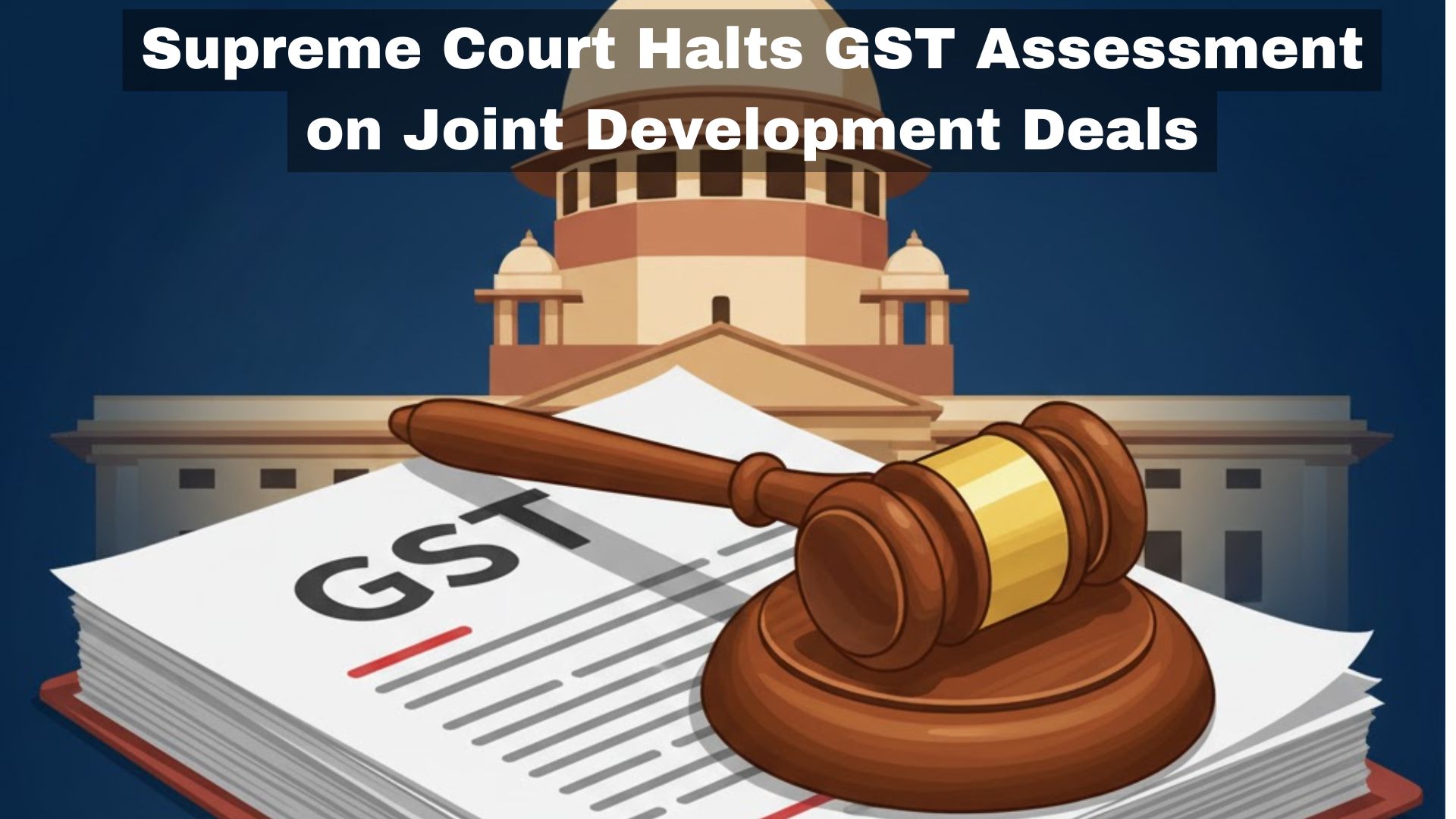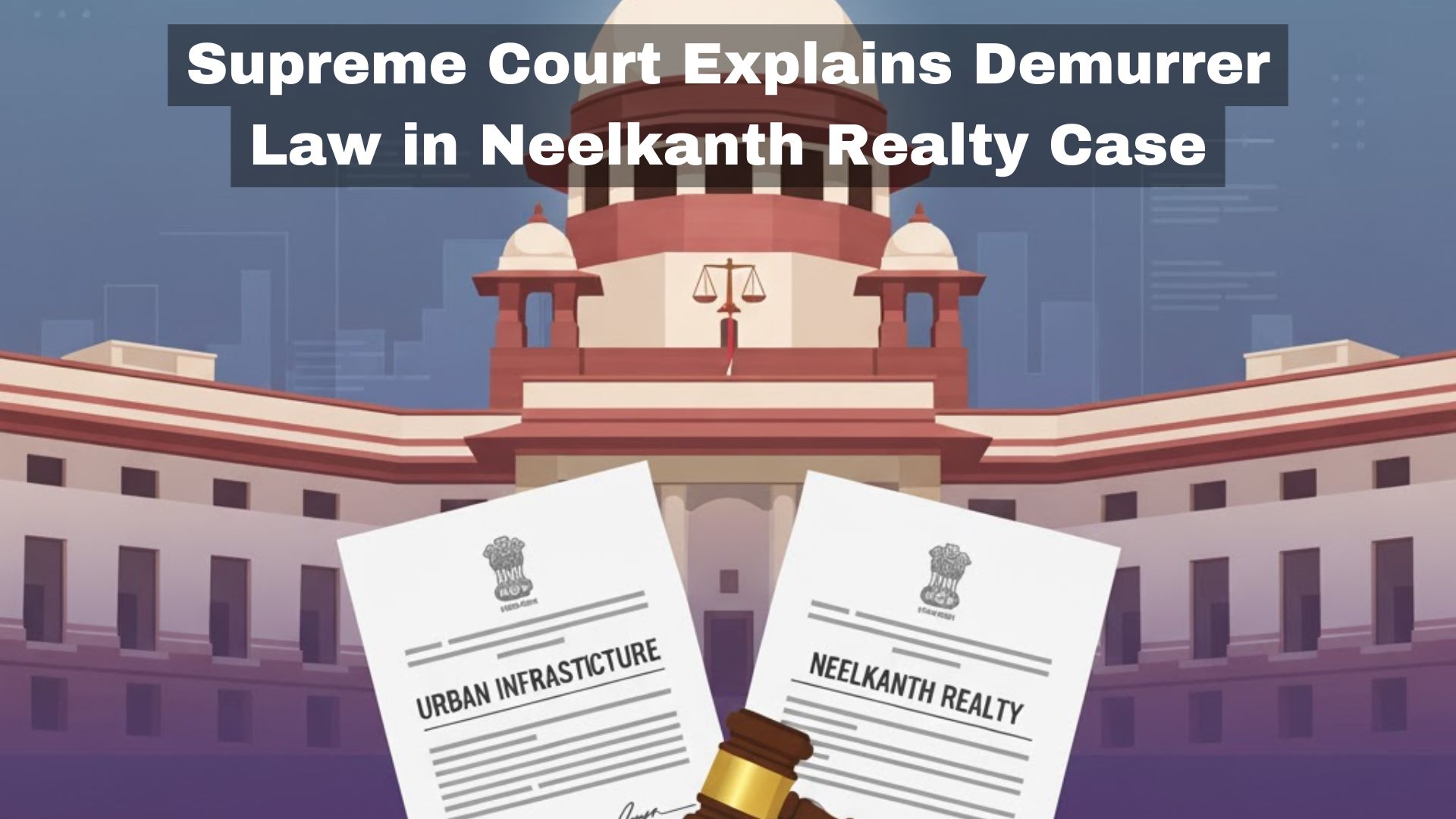@JUDGMENTTAG-ORDER
Pratap Singh, J.@mdashThis Civil Revision Petition is directed against the judgment in C.M.A. No. 8 of 1983, confirming the order in E.A. No.
51 of 1981. The short facts are : O.S. No. 292 of 1958 was filed against the revision petitioner, the respondent and Govindammal for mesne
profits and a decree was passed for Rs.2,612.50. Subsequently, a partition suit was laid in O.S. No. 16 of 1960, in which the above three and
others were parties. A compromise was entered into in the said suit, by virtue of which the decree passed in O.S. No. 292 of 1958 was assigned
to Govindammal for discharge. She was also allotted some properties. There was also a clause in the compromise decree to the effect that in case
Govindammal failed to pay that amount, the respondent has to pay the amount and recover it from the assets of Govindammal. Since Govindammal
did not pay that amount, the respondent paid the same and she filed O.S. No. 379 of 1969 for the said amount and obtained a decree. While so,
Govindammal died and the revision petitioner was brought on record as her legal representative and against him the decree in O.S. No. 379 of
1969 was passed. While so, the revision petitioner herein who was the 2nd defendant in O.S. No. 379 of 1969 filed E.A.O. No. 51 of 1981
under S.16 of Act 40 of 1979 and prayed for entering full satisfaction of the decree. That was resisted by the respondent. The trial court, as well
as the lower appellate court had rejected the claim of the revision petitioner. Aggrieved by the said orders, he has come forward with this revision.
2. Mr. K. Chandrasekaran, learned counsel appearing for the revision petitioner would submit that after the amount payable to the respondent has
ripened into a decree debt by virtue of the decree in O.S. No. 379 of 1969, the judgment-debtor, has become one covered by Act 40 of 1979
and as such he is entitled to the benefits of that Act and the Courts below have missed this vital point.
3. I have heard Mr. M.V. Krishnan, learned counsel appearing for the respondent on the above aspect.
4. I have carefully considered the submissions made by the rival counsel. The genesis of the amount which had ripened into the decree in O.S. No.
379 of 1969 is as follows:
In a suit for mesne profits in O.S. No. 292 of 1959, decree was passed for Rs.2,612.50 against the revision petitioner, the respondent and
Govindammal. Then, subsequently, in the partition suit in O.S. No.16 of 1960 Govindammal also got Some properties and the decree debt
payable in O.S. No. 292 of 1958 was allotted to her. But she did not pay the decree amount. So, by virtue of another clause in-the decree, the
respondent had paid the decree amount and sought reimbursement of the same by filing the suit in O.S. No. 379 of 1969 and a decree was passed
therein. Thus, it was originally an amount due towards mesne profits and rater it became the amount allotted to Govindammal in lieu of allotment of
properties to her. In view of the above, the Courts below have come to the conclusion that it is not a debt coming within the purview of Act 40 of
1979. So, the trial Court had relied upon M. Meenakshi Ammal and others v. R. Subramanian Servai (1980 TLNJ. 390). In that case, the suit
was filed for specific performance of the agreement of sale. The defendant had agreed to pay certain amount in full settlement of the suit claim.
Compromise was arrived at and decree was passed. That compromise decree was sought to be executed. The Judgment-debtor had filed a
petition under S.16 of Act 40 of 1979, praying for scaling down the decree. This Court had held that it would not come under the purview of the
Act 40 of 1979. I am clear that the ratio of this ruling squarely applies to the facts of this case. It is not a debt and there was no relationship of
debtor and creditor so far as this amount is concerned. The Courts below are correct in holding that this decree debt would not come within the
purview of Act 40 of 1979.
5. The learned counsel for the revision petitioner would submit that after the amount due had ripened into a decree, it would become a decree debt
and so it would come within the purview of Act 40 of 1979. I am unable to accept this submission for two reasons: (1) The ratio of the above
ruling of this Court is contra. (2) Even after passing of the decree, for the purpose of considering whether it would be a debt under Act 40 of
1979, the character of the amount which ripens into the decree, can be gone into. In view of the above, the civil revision petition fails and it shall
stand dismissed. No costs.

